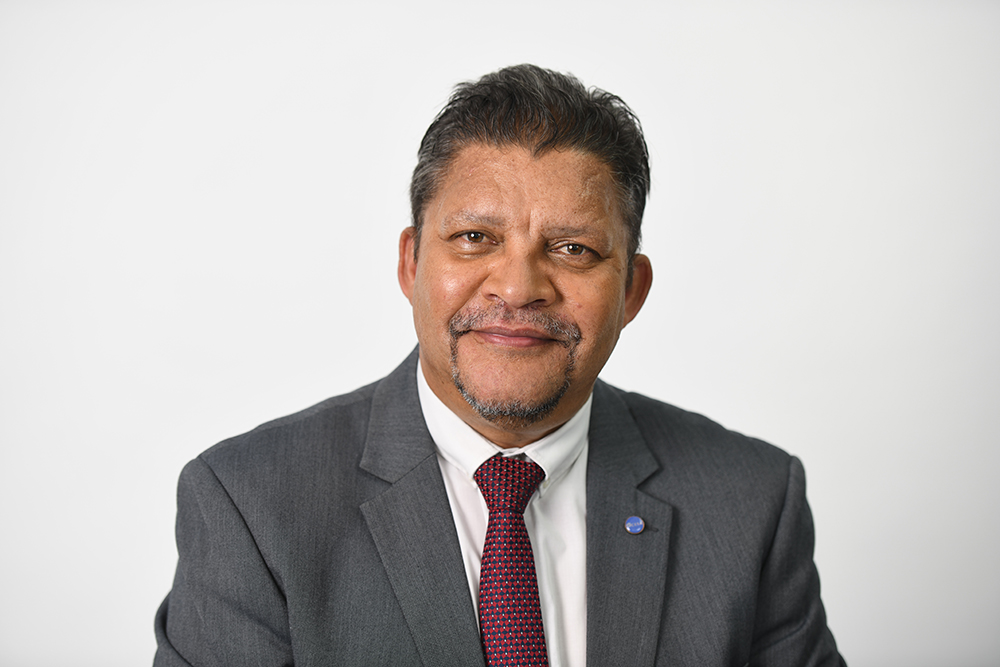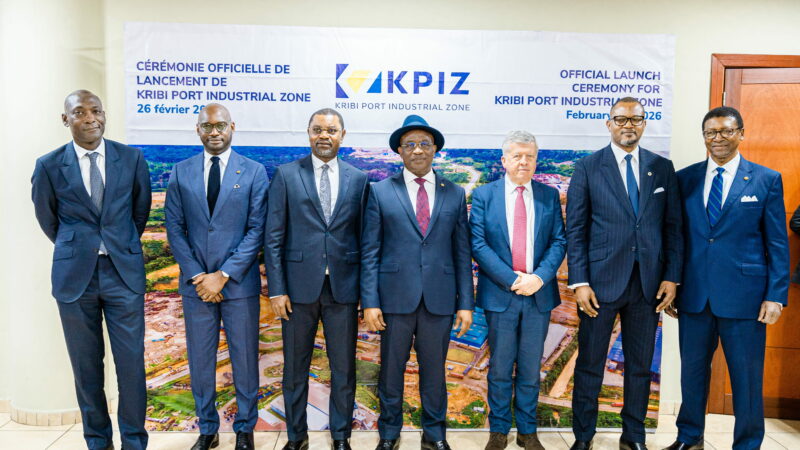How South Africa Can Build a Truly Connected and Inclusive Transport System ?

By Chris Campbell, CEO of Consulting Engineers South Africa (CESA)
To address South Africa’s complex transport challenges, it is essential to adopt a holistic and sustainable approach that integrates strategic planning, technical expertise, and coherent governance at all levels of government.
Limits of Integration and International Examples
Formal public transport systems, such as Rea Vaya and MyCiTi, have made notable progress by drawing inspiration from successful international models, such as Curitiba in Brazil and Lima Metro Line 2 in Peru. However, they continue to face persistent challenges: high operating costs, heavy reliance on government subsidies, and limited integration with informal transport modes, including minibus taxis and ride-sharing services.
Successful international experiences highlight the critical importance of:
- Integrated route planning.
- Establishing unified fare systems.
- Urban development that prioritizes public transport.
South Africa must learn from these lessons to optimize its own transport networks.
Need for Cooperation and Stability
Creating a truly integrated transport system requires seamless coordination between national, provincial, and local governments—coordination that is currently lacking. Authorities must strengthen road rule enforcement and the regulation of informal transport to make such integration a reality.
We emphasize the importance of a collaborative approach, as siloed operations remain a major barrier to innovation, efficiency, and long-term progress.
Countries that have successfully implemented integrated networks demonstrate the importance of:
- Conducting rigorous pre-feasibility studies.
- Planning according to actual demand and ridership.
- Effectively managing competition between transport modes.
- Deploying unified ticketing systems for user convenience and accessibility.
Achieving these objectives requires political and institutional continuity to ensure the effective implementation of strategic plans. Professional bodies, such as CESA (Consulting Engineers South Africa), play a vital role in advocating for stable, long-term infrastructure policy, benefiting both citizens and the economy.
Overcoming Political Short-Termism
Many of South Africa’s transport issues stem from short-term political focus and frequent leadership turnover. Well-intentioned policies often remain on paper, lacking resources, accountability, and practical implementation. Large-scale projects require consistent support to avoid disruption with every change in political leadership.
Establishing a culture of performance, continuous improvement, and stable governance is fundamental. Only a long-term vision and sustained commitment from both government and industry stakeholders will enable the development of systems that truly connect people and places.
The decisions we make today will shape mobility, lifestyles, and national growth for decades to come. Bold thinking, strong partnerships, and commitment to project completion are therefore essential to building a safer, more integrated, and inclusive transport future.





